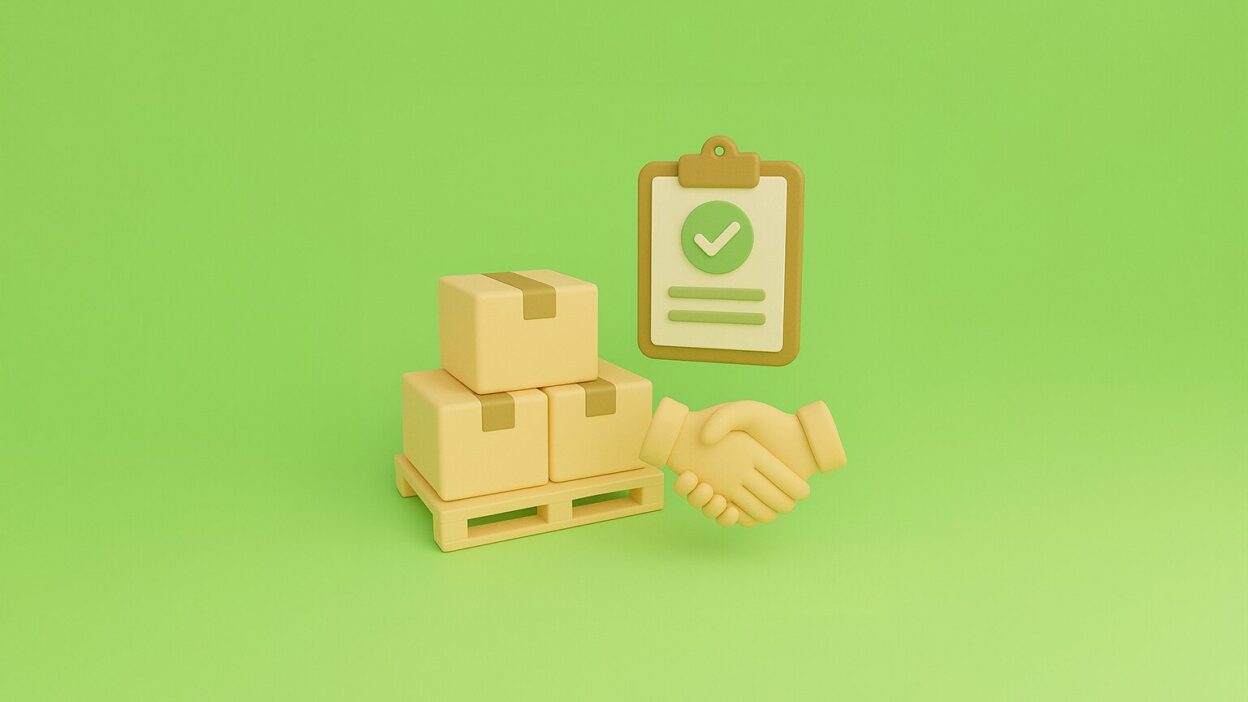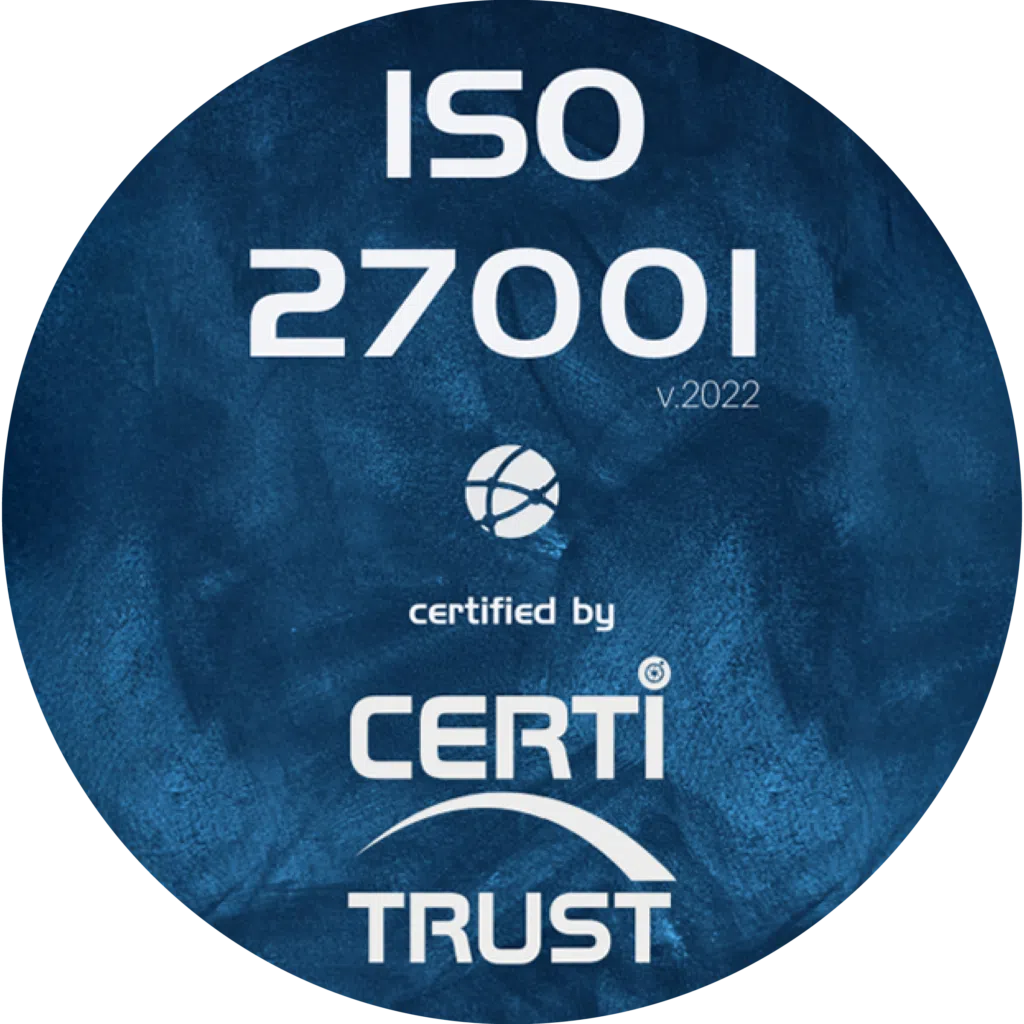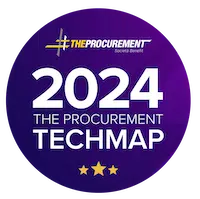The management of supplier onboarding is a key element in ensuring a company’s market positioning. It not only helps to maintain solid commercial links, but also to preserve the company’s reputation.
However, if this process is not properly managed, the company’s supply chain is damaged. The most serious consequence is the financial instability of the structure.
Companies are therefore encouraged to use an SRM supplier portal, a software solution that enables them to manage their supplier database both globally and individually.
Discover Weproc’s advice for successful supplier onboarding in this article.
Understanding supplier onboarding
Supplier onboarding is the process by which a company integrates a new supplier into its SRM (Supplier Relationship Management) supplier portal. The main objective is to establish a mutually beneficial collaboration.
Among other things, this process enables transparent communication channels to be established. It also makes it possible to define specific operating procedures for collaboration. There are many types of supplier software available. They can meet the needs of every company-supplier relationship, and in every sector of activity.
The use of supplier management software is part of supply chain management. Companies can take advantage of this platform to benefit from efficient monitoring of all data relating to their suppliers. It enables them to identify employees who excel in their work, demonstrating reliability and the ability to resolve problems quickly.
How do you integrate your suppliers?
To improve the quality of their supply chains, companies need to integrate their suppliers into their operational ecosystem. Here are the key points to bear in mind if you want to successfully onboard your suppliers:
- Supplier identification: it is important to have a reliable information base on each supplier integrated into your supplier portal. You need their exact name, legal form, address and contact details. Information on its managers, shareholders, beneficiaries and its entire organisational structure is also essential. Also check whether they are insured.
- Supplier track record: you need to be able to trust your employees. To do this, you need to assess the potential risks associated with the future collaboration. Check the track record of each supplier. This will give you an idea of their reliability, stability, operational capabilities and reputation.
- Quality of products and services supplied: this is important if you want to maintain high standards in your supply chain. Make sure you know the precise nature of each item or service.
- Economic implications of the collaboration: evaluate the expected benefits in relation to the costs of purchasing the goods or services supplied by the supplier.
- Payment terms: suppliers all have their own payment terms. Make sure you communicate clearly about payment frequency and deadlines, invoicing conditions and the management of late payments. The use of payment technologies can also be discussed.


The risks associated with poorly managed onboarding
Poorly managed onboarding can damage your company’s operations, financial stability and reputation:
Firstly, errors in gathering information or assessing suppliers’ backgrounds can lead to risks of fraud in the payment chain. Always remember to check the information provided by new employees before deciding whether to take them on board.
It is always important to find out about the financial health of suppliers to be added to your supplier software. Companies in difficulty are unable to meet their contractual commitments. They can cause supply delays. Nor is the quality of the products they supply guaranteed. Nor is the continuity of supply.
Your company’s reputation is also compromised if the supplier you have chosen supplies you with products that do not comply with quality standards. That’s why it’s essential to define them clearly in your contracts. The same applies to the responsibilities of each party. They must be clearly specified in the terms and conditions.
Using business management software
The use of business management software makes a number of operational tasks less tedious. This is precisely the case with SRM. It offers many advantages:
- This software solution promotes efficient and transparent collaboration between suppliers and companies. They can exchange information in real time and quickly discuss solutions in the event of a problem.
- This management software helps companies to evaluate the performance of each of their suppliers. It can easily identify the products or services that provide the greatest benefits. This guarantees significant financial benefits.
- Companies can also clearly communicate their expectations and objectives to their suppliers. They can also organise regular feedback. The use of this software makes it possible to establish advantageous supply conditions.
- The company and its supplier can get to know each other better. The supplier can then provide customised services that correspond, for example, to the company’s seasonal production cycles.
SRM features
Not all SRMs are the same. However, all supplier management tools share the same mission: to facilitate communication between suppliers and companies. These software applications can therefore have various functionalities, depending on their type and their developers.
- Exchange portal: thanks to a user-friendly interface, companies and suppliers can quickly share information and send quotes, invoices and orders in just a few clicks.
- Comparison tool: companies can put their suppliers in competition by inviting them to submit their bids. In this way, they can make a quick comparison based on their own criteria.
- Supplier relationship management: you can assign products or services to your suppliers, access purchase histories and current supplies… You are also entitled to statistics that enable you to assess your suppliers’ performance.
- Digitisation of contracts: the software can help you to better manage all your contracts and agreements with each of your suppliers. It makes it easier to monitor, update and manage deadlines.
Supplier onboarding is a key stage in supplier relationship management. Its aim is to establish effective collaboration, reduce risks and costs, strengthen relationships of trust with employees and create an environment conducive to business growth.
At Weproc, we support you every step of the way to integrate your partners into our solution. Contact our team for personalised assistance.
Want to learn more about our Weproc procurement management software?
Contact us or request your 15-minute demo below!









